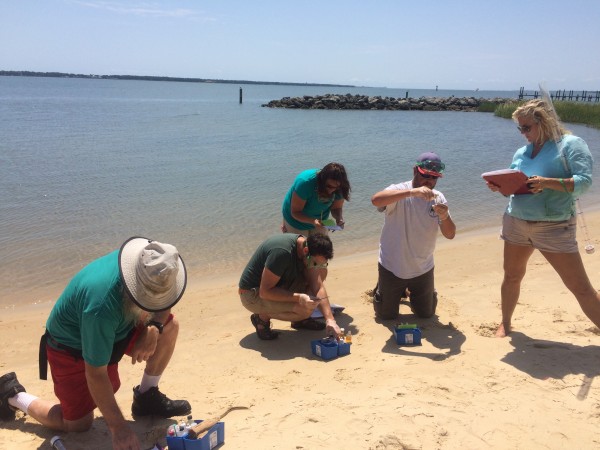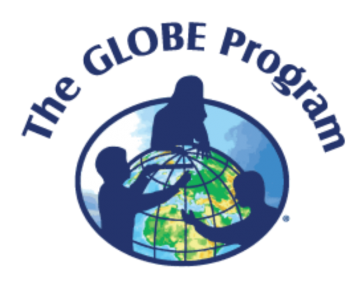Science House at CMAST
The Science House enhances K-12 STEM (Science, technology, Engineering, Math) education through hands-on, inquiry-based learning. Through its main office on NC State’s Centennial Campus in Raleigh, NC, five satellite offices, and its Web site, The Science House annually serves 5,000 teachers and 35,000 students across the state and throughout the U.S.

Located at the Center for Marine Sciences and Technology (CMAST) in Morehead City. The Science House at CMAST services teachers, students, and higher education faculty on the coast of eastern North Carolina and beyond.
The Science House enhances K-12 STEM (Science, technology, Engineering, Math) education through hands-on, inquiry-based learning. Through its main office on NC State’s Centennial Campus in Raleigh, NC, five satellite offices, and its Web site, The Science House annually serves 5,000 teachers and 35,000 students across the state and throughout the U.S.
Located at the Center for Marine Sciences and Technology (CMAST) in Morehead City. The Science House at CMAST services teachers, students, and higher education faculty on the coast of eastern North Carolina and beyond.
Educational Programs for Teachers
These programs include:
- GLOBE Training/Certification
- KidWind Training
- Underwater Remote Operated Vehicle Training
- Teacher Expeditions
- Makey Makey Training
- Vernier Probeware
- Science and Literacy
- Customized Local Workshops (Contact Dr. Pat Curley)
- Project-Based Education
- Place-Based Education
- Citizen Science
GLOBE Training

GLOBE (Global Learning Observations to Benefit the Environment) is a worldwide hands-on, primary and secondary school-based science and education program.
GLOBE’s vision promotes and supports students, teachers, and scientists to collaborate on inquiry-based investigations of the environment and the Earth system working in close partnership with NASA and NSF Earth System Science Projects (ESSPs) in the study and research about the dynamics of Earth’s environment. The
GLOBE program allows teachers to meet the NC DPI Essential Standards for Science at all grade-levels. GLOBE is the Original Citizen Science Program and challenges students to collect, upload, and use global data for research conducted at K-12 schools, universities, and governmental agencies. More information on GLOBE is at https://www.globe.gov/about/overview.
GLOBE provides the opportunity to learn by:
- Taking scientifically valid measurements in the fields of atmosphere, hydrology, soils, and land cover/phenology – depending upon their local curricula
- Reporting data through the Internet
- Publishing research projects based on GLOBE data and protocols
- Creating maps and graphs on the free interactive Web site to analyze data sets
- Collaborating with scientists and other GLOBE students around the world.
By participating in this workshop you will learn how to start a GLOBE program at your school, gain access to all the tools you need to participate in GLOBE protocols, and collect scientific measurements of the atmosphere, hydrosphere, and lithosphere modeling what you can do with your students at your school or environmental education center this year.
Coastal Connections
Education and community displays, activities, and programs.
Customized STEM Programs
- Workshops based on the needs of area school districts
- Scientific Equipment Loan Program
- Supplementary Environmental Program workshops- Project WET, Project Learning Tree, Food Land People, Earthforce, Remotely Operated Vehicle Program (ROV), and Citizen Science (partner with NC Museum of Natural Sciences)
Coastal STEM Student Programs and Competitions
- NC Marine Science Education Partnership, Coastal Marine Science Competition
- Sea Wolf Program for Middle and High School Students interested in Coastal Science Careers
- ESTEAM Career Conference for middle school students
The Science House serves faculty members and students by providing information and assistance in seeking grant funds or projects that require a broader impact, such as education and outreach. We can provide specific terminology to use when writing a proposal, review and give feedback on a written proposal, find a specific audience for a project, write letters of support and/or acquire letters of support from expected participants, and help manage program administration, budgets and research outcomes assessments
Regardless of the type of grant, or research proposal you are submitting for funding, The Science House at CMAST can help you find a program. We are eager to develop new programs based on your availability, interest, and budget.